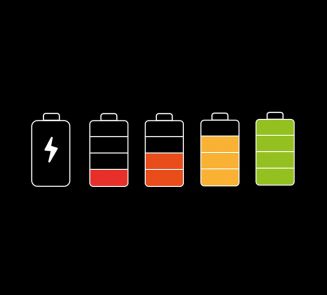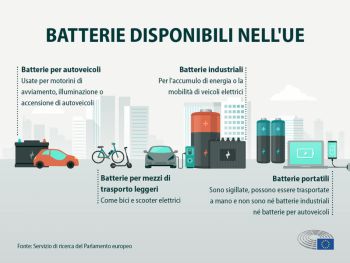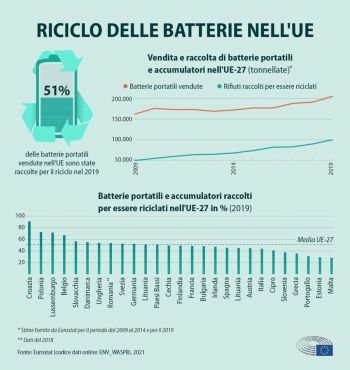New EU rules for more sustainable and ethical batteries
As batteries become a strategic market, the European Parliament is working on new rules to tackle related environmental, ethical and social issues.

At least 30 million zero-emission electric vehicles are forecast to be on EU roads by 2030. While electric cars are expected to significantly decrease greenhouse gas emissions, they have an environmentally damaging downside: their batteries.
The European Parliament is working on an update of the EU's battery directive to ensure that batteries can be repurposed, remanufactured or recycled at the end of their life.
The report adopted by the Parliament on 10 March aims to govern the entire product life cycle, from design to consumption and all the way to recycling into new products. The proposal is linked to the EU’s circular economy action plan and the EU's industrial strategy.
How are batteries classified?
MEPs called for the introduction of a new category of batteries for “light means of transport”, such as e-bikes or e-scooters, due to their growing use and technical developments. The new category comes alongside the existing portable, automotive and industrial battery classes.
Batteries: a strategic market for the EU
Global demand for batteries is set to increase 14 fold by 2030 and the EU could account for 17% of that demand. This is mainly driven by the rise of the digital economy, renewable energy and low carbon mobility. The increase of electric vehicles using batteries will make this market a strategic one at the global level.
Limiting batteries’ carbon footprint
Batteries will have to carry a label, which reflects their carbon footprint so that their environmental impact is more transparent. In addition, the environment committee wants it to cover the entire life of the battery. It also wants to guarantee that new batteries will contain minimum levels of recycled cobalt, lead, lithium and nickel.
Increasing batteries recycling
In 2019, 51% of portable batteries sold in the EU were collected for recycling. There are specific battery recycling processes for each type of battery due to the different metals and compounds used to manufacture them.
The report calls for more stringent collection targets for portable batteries (70% by 2025, compared to the European Commission’s original proposal of 65%; and 80% by 2030 instead of 70%); and for light means of transport batteries (75% by 2025 and 85% by 2030). In addition, all waste from automotive, industrial and electric vehicle batteries should be collected.
Addressing battery raw material issues
Battery manufacturing is largely dependent on critical raw material imports, notably cobalt, lithium, nickel and manganese, which have a significant impact on the environment and society.
In order to tackle human right abuses and ensure batteries are more ethically sourced, MEPs back the introduction of a due diligence obligation on battery manufacturers. They will have to comply with requirements addressing risks around the sourcing, processing and trading of raw materials, chemicals and secondary raw materials.















